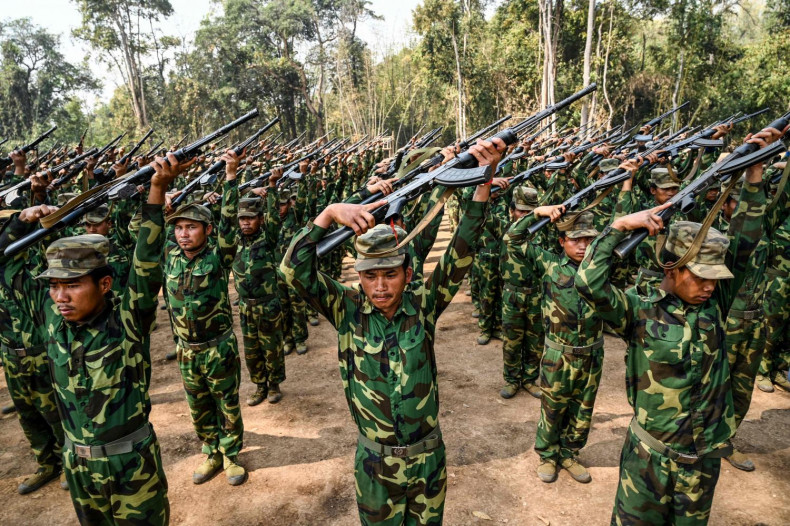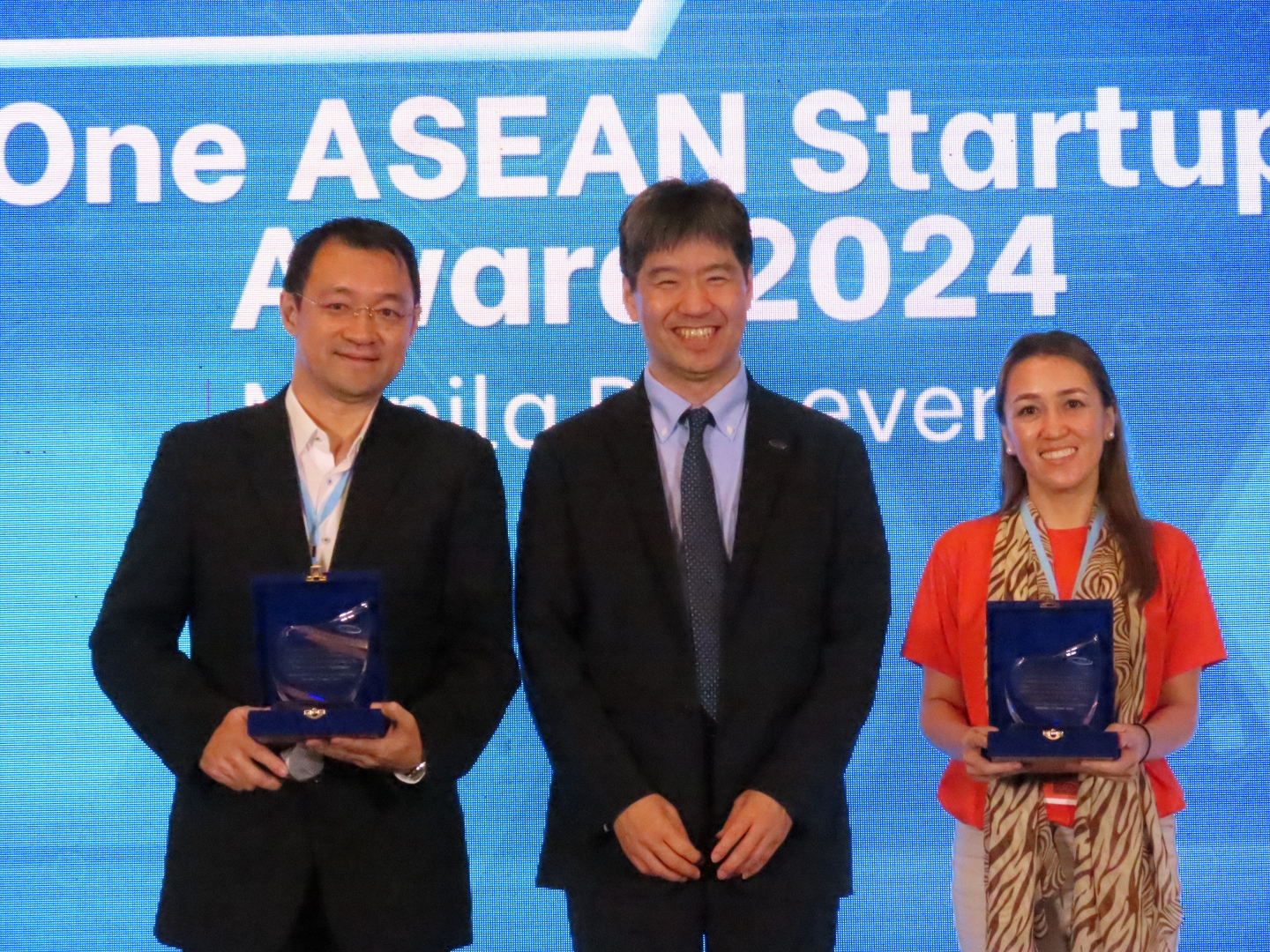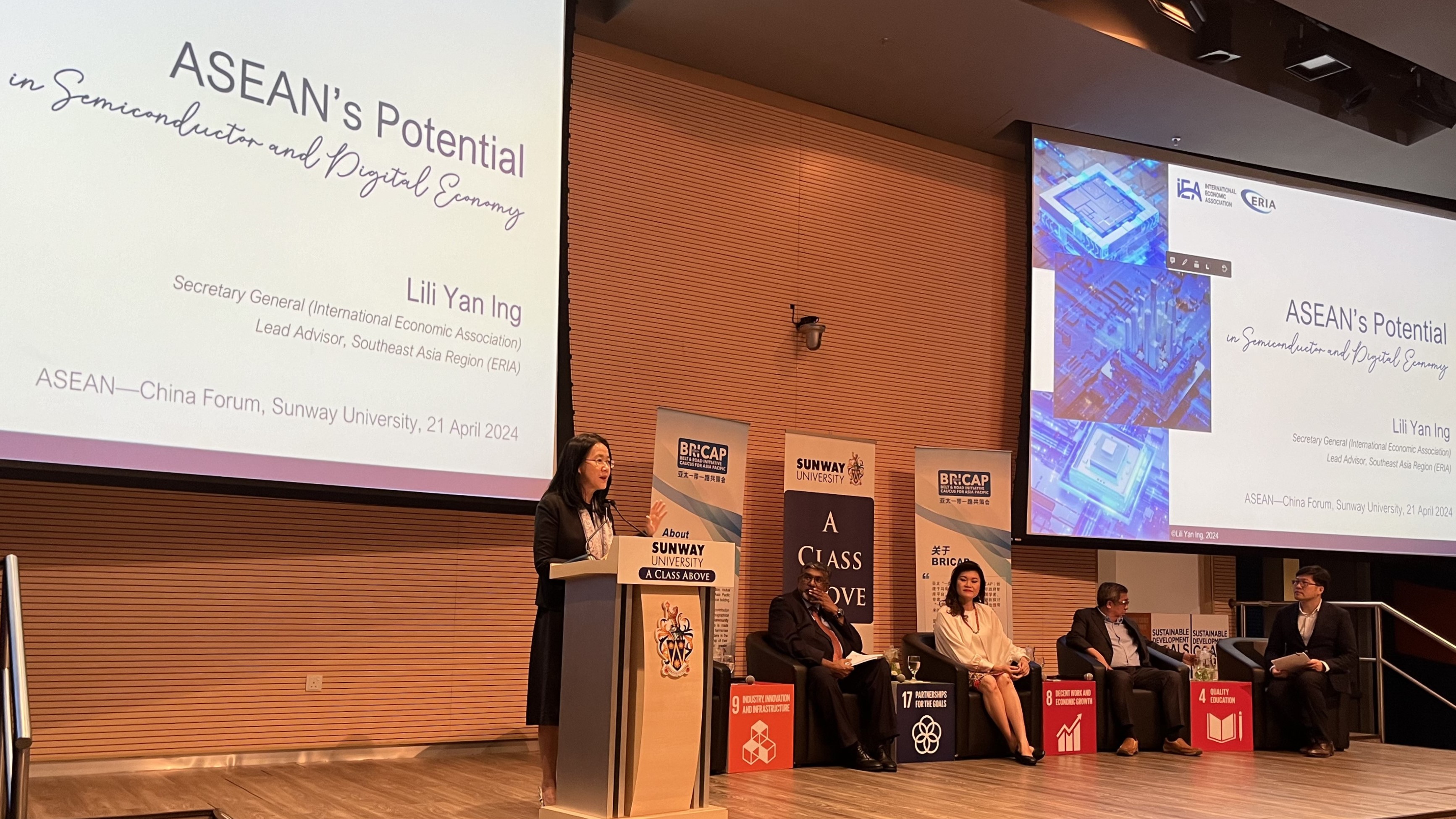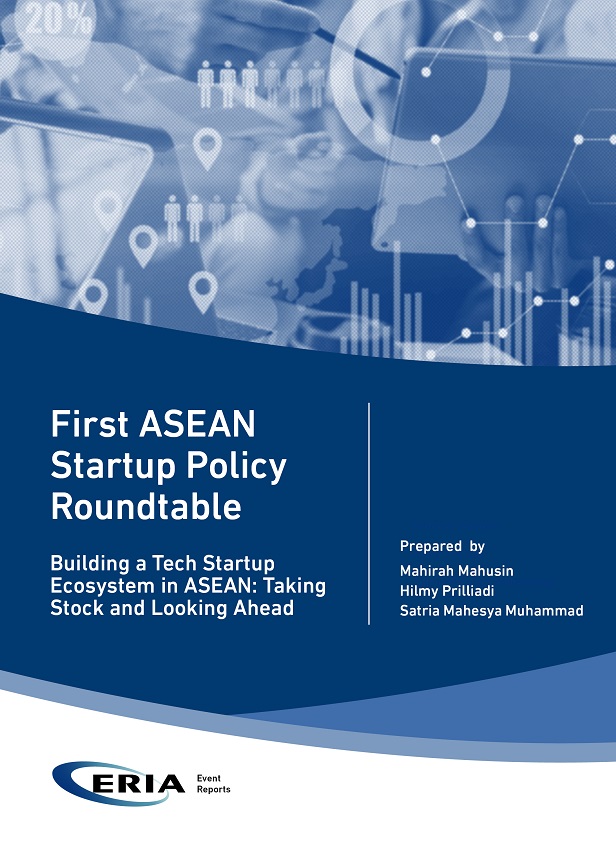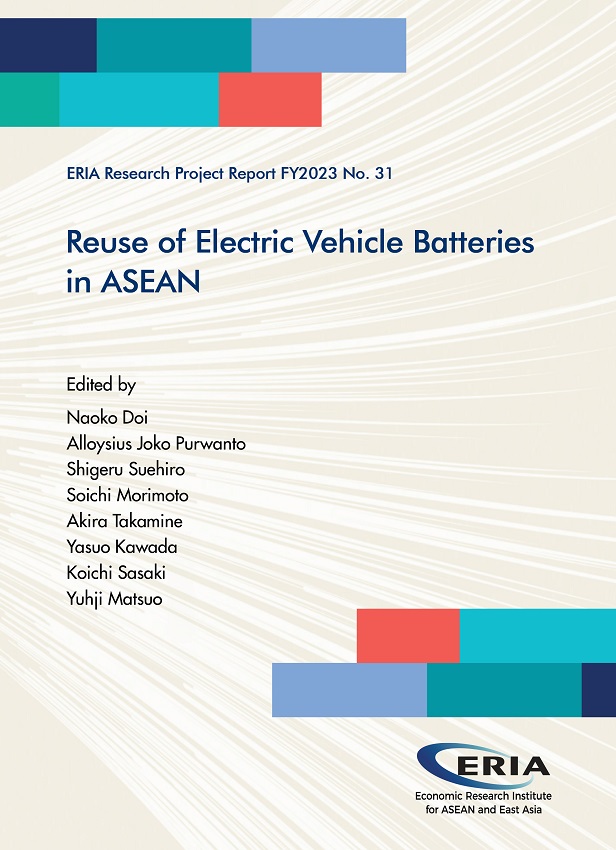Dialogue: A Step in the Right Direction
Date:
21 March 2023Category:
OpinionsTopics:
-Share Article:
Print Article:
By Mr Kavi Chongkittavorn, Senior Communications Advisor: There were more divergences than convergences in views that emerged from the Track 1.5 Dialogue held between Asean members and dialogue partners, including representatives from Myanmar, in Bangkok on March 13.
After everything, the dialogue, aimed at conflict resolution, was frank and useful. All major countries bordering Myanmar attended the event held in a hotel in Bangkok's main business area, where they openly pointed out their principal concerns and interests in Myanmar.
After a day of unfiltered exchanges, it was clear that their perceptions of the current situation in Myanmar remained far apart. It's nobody's fault. But it indicated that more dialogue is needed for better understandings to emerge and for progress to be made in attempting to stop the violence.
All Track 1.5 participants had real dialogues even though sometimes they talked passed each other, blaming one another. The important point is they heard others' views beyond media reports.
At this juncture, both Asean and Myanmar have their own modus operandi to follow. Last November, Asean reconfirmed its Five Point Consensus (5PC) after a thorough review. The regional body reaffirmed its guidelines toward a peaceful settlement, which critics said little progress has been made since its promulgation in April 2021. For the military junta in Nay Pyi Taw, the five-point roadmap, which came out a week after the Feb 1 coup, is their preferred pathway.
There has been some recognition among the participants that while the 5PC remains the overarching parameter, finding other common objectives and activities besides 5PC would be constructive in advancing Myanmar's much-needed peace process.
So far, no such collective attempt has been made except on an individual basis. Stopping violence and providing humanitarian assistance continue to be the two most immediate priorities.
For the past 15 months, Thailand has wanted to help bring a resolution to the crisis but has failed to do so as the conflicting parties have been and still are, mostly, at each other's throats.
But the State Administrative Council (SAC) has been holding peace talks with some ethnic armed organizations.
Nay Pyi Taw also has announced a unilateral ceasefire since 2018 with armed ethnic groups. From the viewpoint of the regime, it is fighting a terrorist war as both the National Unity Government (NUG) and People's Defence Forces (PDFs) have been labelled as terrorist organisations.
In more ways than one, last week's dialogue was the first stepping stone for more informal dialogue events. It is important that this happens. It's imperative for delegates from Myanmar to hear views directly from those other countries with stakes in its future.
More than Myanmar would like to admit, the instability in the country is the biggest regional concern besides the Russia-Ukraine war, and this point was not lost on participants.
Outside Myanmar, there is a consensus that the Myanmar quagmire will yield unpredictable regional repercussions, i.e., Ukrainisation/Balkanisation of Myanmar, in the case of the conflict persisting, especially due to foreign meddling.
Cross-border weapons smuggling has increased in recent months, judging from official interventions from those countries bordering Myanmar.
As the ongoing war in Europe has shown, the countries in the region must solve their own problems first and foremost with whatever resources and capacities they have. Otherwise, other bigger and more powerful countries can attempt to assert themselves and conduct policies on their behalf, often not to their liking.
While panellists and speakers at last week's Track 1.5 Dialogue held divergent views, they did agree the crisis in Myanmar needs compromise from all conflicting parties through dialogue and trust-building measures.
But at the moment, due to trust deficits, none of them is willing to do so.
Another interesting point made during the event was that the current dire situation in Myanmar is influenced by external factors and players in the realms of narcotics, human trafficking, and arms smuggling.
Besides Nay Pyi Taw, other participants understood full well who the main troublemakers were and the sources of all the troubles that preceded the current quagmire.
With a 2,401km common border, Thailand is on the same page as Myanmar in that drugs, human, and arms trafficking impacts their countries' security and people's well-being. Therefore, mutual cooperation is needed to mitigate such unhealthy trends. Additional assistance from dialogue partners, as well as United Nations specialised agencies, is also necessary.
In the next round of dialogue, if it does happen, there could be more participation from think tanks and specific issues discussed that would require both short- and long-term plans such as a ceasefire, humanitarian assistance, inclusive dialogues and political-related processes, among others.
This exercise must be seen as part of the ongoing Asean effort to find an exit strategy for the Myanmar crisis, as stated in No.14 of the Asean joint statement issued last November at the Asean-related summit in Phnom Penh.
This opinion piece was written by ERIA's Senior Communications Advisor, Mr Kavi Chongkittavorn, and has been published in Bangkok Post. Click here to subscribe to the monthly newsletter.
Disclaimer: The views expressed are purely those of the authors and may not in any circumstances be regarded as stating an official position of the Economic Research Institute for ASEAN and East Asia.
Photo Credit: AFP
